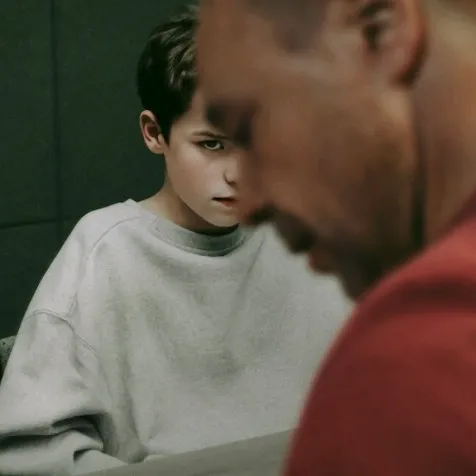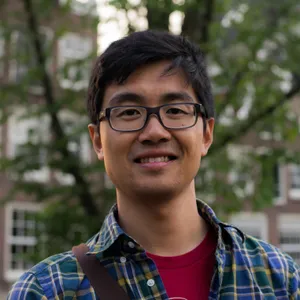Adolescence

I’m not a parent. That ship has sailed for me, and there was a time when a twinge of envy would come over me whenever I encountered someone with children. A show like Adolescence takes that feeling of envy and replaces it with a deep appreciation for just how hard parenting can be.
The miniseries tells the story of a teenage boy who gets arrested and charged with stabbing and killing his classmate. It explores his motives, his school life, his relationship with the victim—a girl who he was involved with, in a confused teenage way—and especially, the effect of these events on his parents.
The current hype around this show mostly centres around the fact that each of the four 1-hour episodes is filmed in a single shot. I don’t have much to say about that aspect of it, other than kudos to the whole cast and crew for pulling it off. It’s truly impressive.
At times, I felt the story was a little thin, like it was telling the viewer the most obvious tip of the iceberg. For example, as part of the police investigation, characters mention the manosphere and name-drop Andrew Tate, but there isn’t much detail beyond that. I think I can excuse some of these shortcuts as a limitation of the real-time filmmaking: there just isn’t a natural way to go deep into an idea when characters are in the middle of an intense conversation.
The really heart-wrenching moments of the show come from the parents of the accused boy. The father, played by Stephen Graham, really struggles to make sense of the violent event, expressing how he tried really hard not to repeat his own father’s corporal punishment.
I was reminded of this line from Andrew Solomon’s Far From the Tree:
Though many of us take pride in how different we are from our parents, we are endlessly sad at how different our children are from us.
Parenting is a struggle between imparting a positive influence on your children, while encouraging them to form their own identities, which necessarily involves allowing external influences from the world to reach them. It’s hard to find the right balance between the two sources of influence, and it seems to be becoming harder in the modern world, where there is always a screen on-hand, piping in an endless stream of potentially harmful messages.
